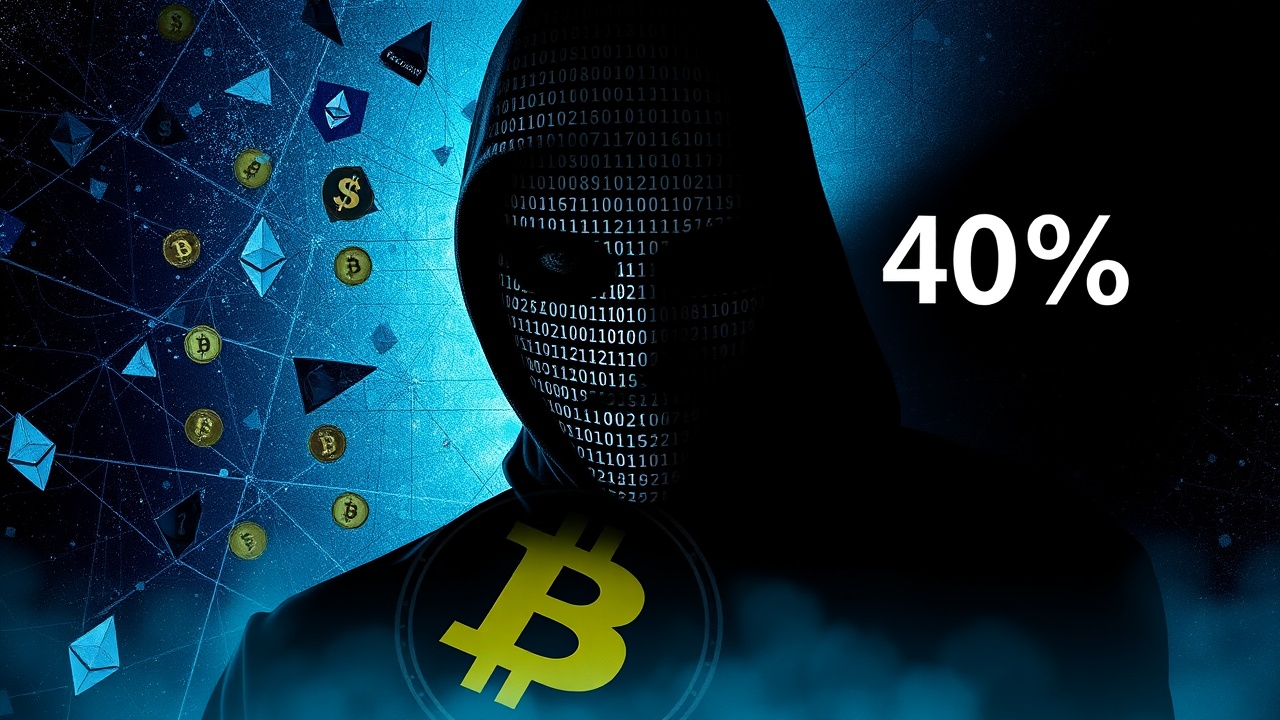Introduction to Cryptocurrency Scams
A recent report by Bitget highlights a troubling trend in the world of cryptocurrency: AI-generated deepfake technology played a significant role in 40% of high-value fraud cases reported in 2024. This rise in sophisticated scams correlates with a substantial $4.6 billion loss in cryptocurrency due to such fraudulent activities, marking a stark 24% increase compared to the previous year. The findings were part of the Anti-Scam Report for 2025, which Bitget co-authored alongside Slowmist and Elliptic.
Evolving Scam Techniques
The document reveals that the nature of cryptocurrency scams is evolving, with perpetrators increasingly utilizing AI deepfakes, social engineering tactics, and misleading project presentations to deceive victims. As the report articulates, modern scams now leverage both psychological manipulation and advanced technology, making them more credible and harder to detect than ever before.
Notorious Deepfake Cases
One notorious deepfake example highlighted in the report involves Elon Musk, CEO of Tesla, who has been portrayed in various scams promoting bogus investment opportunities or giveaways. Besides impersonating high-profile individuals, deepfakes are now being used to bypass know-your-customer regulations and execute phishing attacks via fake Zoom calls. In these calls, scammers impersonate executives or journalists, engaging victims under false pretenses—often offering non-existent jobs or interviews while attempting to access sensitive information like private crypto keys.
Regulatory Challenges
Despite the deepfake-related scams gaining notoriety since Musk’s fraudulent appearances first surfaced in 2022, advancements in AI have rendered these videos increasingly lifelike. For instance, President Trump recently signed the bipartisan Take It Down Act to protect individuals from non-consensual deepfake pornography, although comprehensive regulations on the use of deepfakes remain elusive.
Public Reactions and Threats in Cryptocurrency
In a notable incident earlier this year, actress Jamie Lee Curtis vocally criticized Meta CEO Mark Zuckerberg when she discovered an unauthorized AI-generated advertisement featuring her image.
Gracy Chen, CEO of Bitget, emphasized that the foremost threat to the cryptocurrency sector is not market fluctuations but rather sophisticated deception strategies.
“AI has made scams faster, cheaper, and more difficult to identify,”
Chen stated.
Additional Fraud Patterns
Aside from deepfake-related fraud, the report also pointed out social engineering scams and modernized Ponzi schemes as significant threats. Social engineering exploits victims’ psychological vulnerabilities, often without complicated technical means, exemplified by the so-called pig butcher or romance scams where scammers feign relationships solely to defraud.
Ponzi schemes have similarly adapted, now masquerading under trendy digital labels like DeFi, NFTs, and GameFi. These scams often involve complex fundraising schemes that promise returns on investment, only to maintain their façade until operators abscond with the funds.
Final Thoughts
In light of these developments, the report concludes with a stark warning:
“Five years ago, avoiding scams meant ‘don’t click suspicious links.’ Today, it’s ‘don’t trust your own eyes.’”




